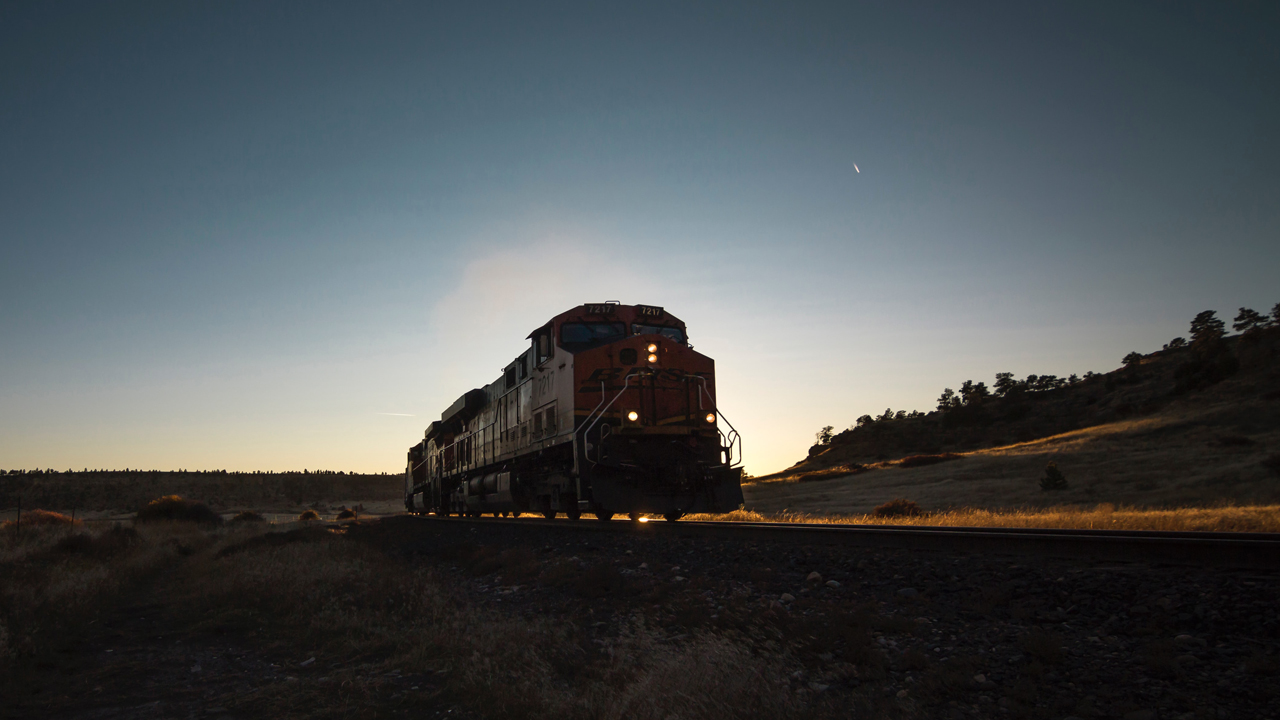
ATWG: EPA Should Deny ‘Dangerous’ CARB Rule
Written by William C. Vantuono, Editor-in-Chief
(Steve Halama, Unsplash)
The full membership of the Agricultural Transportation Working Group (ATWG), a consortium of close to 90 national and state/regional associations, is calling on the U.S. Environmental Protection Agency (EPA) to deny the California Air Resources Board (CARB) “In-Use Locomotive Regulation” request to mandate zero-emissions standards for freight locomotives in California. The proposed CARB regulations “pose a significant danger to U.S. agriculture and the broader U.S. supply chain,” ATWG noted in an April 5 letter to EPA Administrator Michael Regan (download below).
CARB’s “In-Use Locomotive Regulation” stipulates that by 2030, only zero-emissions locomotives will be allowed to operate in California. Railroads in the state also would be required to make annual contributions to a spending account based on emissions during the prior calendar year starting July 1, 2026.
The proposed regulations, according to ATWG would:
- Levy annual fees on railroads for deposit in accounts that can only be used for regulatory compliance.
- Require decommissioning of locomotives 23 years or older beginning in 2030 and require that new switch, industrial (rail customer) and passenger locomotives operate in zero-emission configuration (2035 for new line-haul locomotives).
- Attempt to regulate locomotive emissions by requiring railroads to shut them down while in transit in certain circumstances.
- Impose significant reporting and administrative payments.
“CARB’s proposal requires railroads and rail customers to meet untenable regulatory requirements without any solutions available on the market,” ATWG noted in its letter. “Specifically, zero-emissions locomotives would have to be purchased … but such locomotives are not yet commercially viable and won’t be in the foreseeable future. While railroads have conducted limited demonstration projects on battery-powered locomotives, they are not presently commercially viable primarily due to a limited operating range and limitations on battery capacity. If the CARB regulations were authorized by EPA, we believe freight rail carriers and rail customers would be significantly hindered financially and operationally. The inevitable increases in transportation costs and introduction of operational inefficiencies for agricultural shippers and receivers would result in food price inflation.”
ATWG noted that the Association of American Railroads (AAR) and the American Short Line and Regional Rail Association (ASLRRA) “are challenging the rules in the U.S. District Court for the Eastern District of California, based on federal pre-emption. The Interstate Commerce Commission Termination Act, which created the Surface Transportation Board, gives STB exclusive jurisdiction over the operations of freight rail in interstate commerce and preempts CARB’s regulations. The District Court affirmed the legitimacy of these preemption arguments in an order issued on Feb. 16.”
EPA’s deadline for the public to submit comments on the proposal is April 22.



